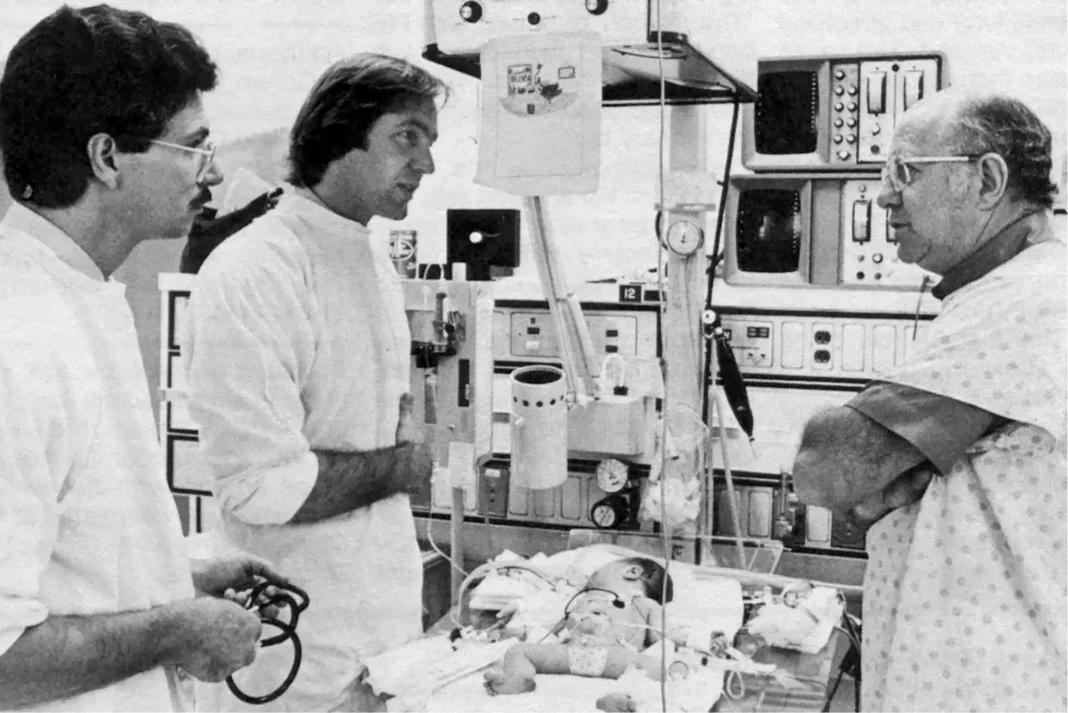A major new study reveals a striking rise in mental health and neurodevelopmental disorder diagnoses among publicly insured children in the U.S. during the decade leading up to the COVID-19 pandemic.
Researchers from Emory University and Children’s Healthcare of Atlanta analyzed Medicaid and Children’s Health Insurance Program (CHIP) claims data for nearly 30 million children aged 3–17 across 22 states between 2010 and 2019. The findings, published Thursday in JAMA, show the annual percentage of children diagnosed with mental or neurodevelopmental disorders rose from 10.7% to 16.5%—an increase of 6.7 percentage points after adjusting for population changes.

“The size of the increase is alarming and clinically significant on its own,” said lead author Dr. Janet Cummings, professor at Emory University’s Rollins School of Public Health. “But it’s even more concerning that our data ends in 2019—before the pandemic, which we know worsened children’s mental health.”
Key Findings:
- Diagnoses increased significantly in 9 out of 13 categories studied.
- The steepest rises were seen in ADHD, anxiety, autism, trauma-related disorders, and depression.
- The trend affected all demographic groups—regardless of age, sex, race, ethnicity, or residence in urban, suburban or rural communities.
Growing Pressure on Mental Health Services
The study underscores the mounting pressure on public mental health systems, which are already underfunded and overwhelmed.
“Our data represents a significant number and percentage of the children in our communities. These increases in both the number and rates of children being diagnosed with mental health and neurodevelopmental disorders highlight the urgent need to invest in the systems that support publicly insured children,” said Cummings.
“Mental health is foundational to a child’s development, and timely intervention is crucial for long-term well-being and success.”
With demand rising sharply, the study calls for robust policy action and resource allocation to ensure vulnerable children receive the care they need.




